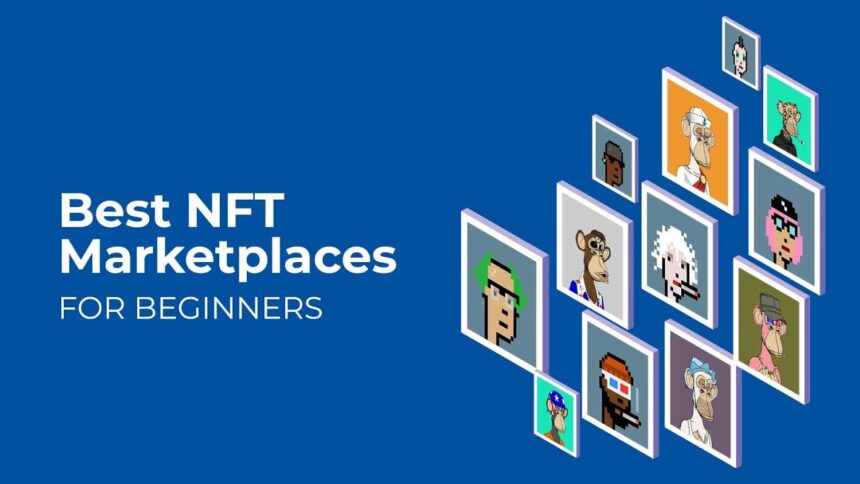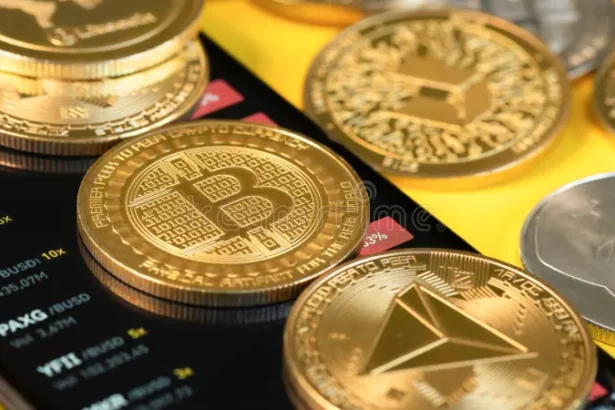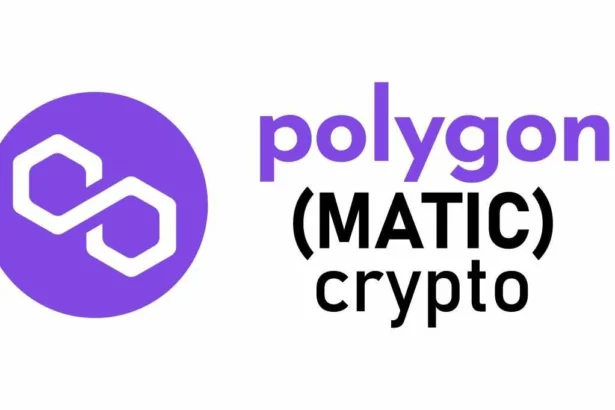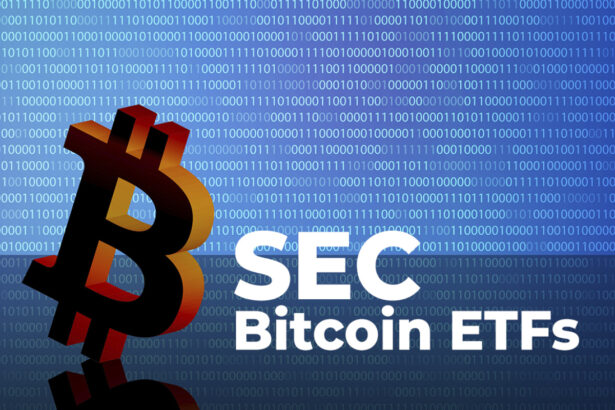NFT Marketplaces: The rise of digital media and online platforms has opened up new ways for artists to earn a living. Historically, royalties have been a key source of income for creators, providing them with ongoing compensation for their work. NFT creator royalties offer a new avenue for artists to earn passive income from their digital content.
Within the Web3 community, there is an ongoing debate about whether collectors should pay royalties to creators. This guide compares NFT marketplaces that pay royalties to creators with those that don’t.
NFT Marketplaces That Fully Support NFT Creator Royalties
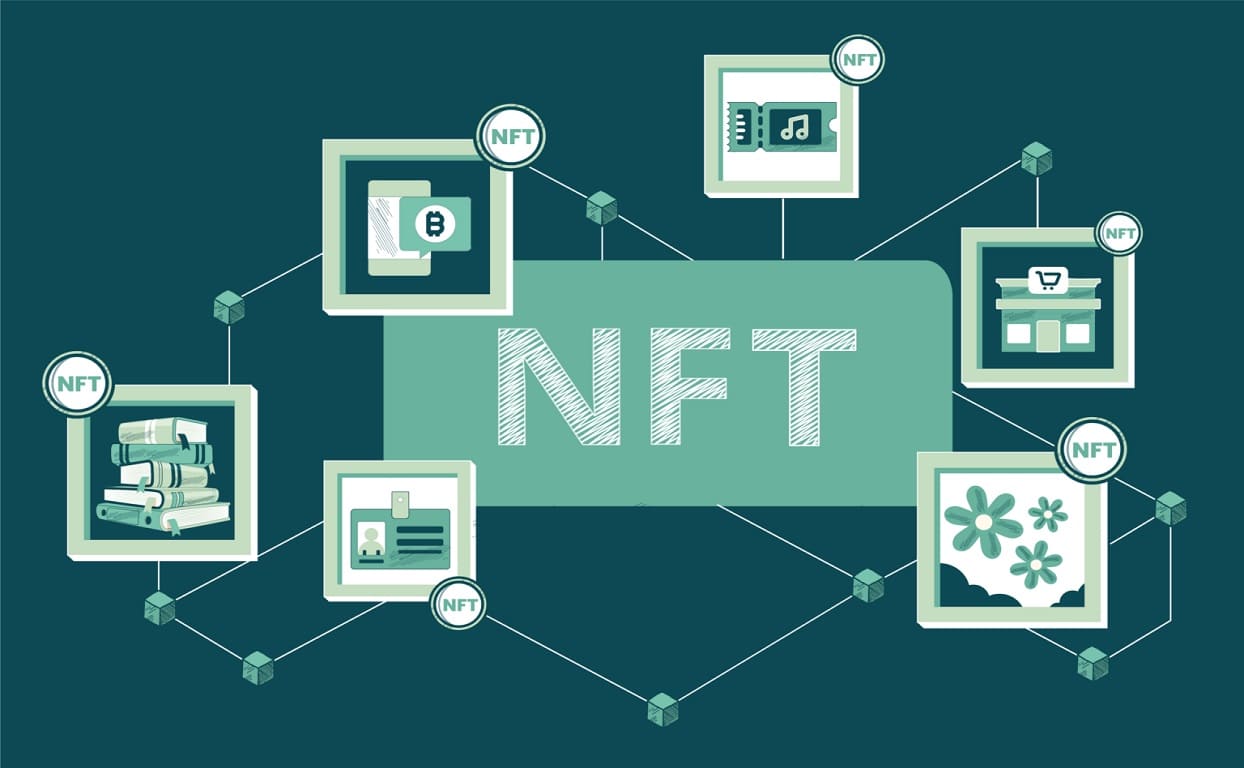 By allowing creators to set royalties on their NFTs, these platforms ensure creators continue to earn revenue even after their work is sold. Some of the most popular platforms that support creator royalties include:
By allowing creators to set royalties on their NFTs, these platforms ensure creators continue to earn revenue even after their work is sold. Some of the most popular platforms that support creator royalties include:
- Nifty Gateway
Nifty Gateway, a leading NFT marketplace, is ideal for art enthusiasts, including both artists and established brands. The platform believes that secondary market fees add significant value to NFTs. Nifty Gateway ensures enforceable royalties at the platform level while respecting the on-chain royalties set by creators. - Foundation
Launched in 2022, the Foundation has quickly become a well-known NFT marketplace. Its invitation-only model for creators includes a 5% marketplace fee on all transactions, covering both primary and secondary sales. However, creators benefit from a generous 10% royalty on secondary sales. - X2Y2
X2Y2, launched in January 2022, initially opposed creator royalties but changed its stance a few months later. It now fully supports and honors royalties on all collections. - Variable
Since its launch in 2019, Rarible has been a well-regarded NFT marketplace known for Ethereum-based collectibles. It adheres to on-chain royalties, allowing creators to set their own royalty parameters.
Balanced Approaches to NFT Creator Royalties
In response to the ongoing debate about royalties, some platforms have adopted a middle-ground approach, offering optional royalties or alternative compensation models. These marketplaces may charge token minimum fees for existing collections or explore other ways to support creators. Notable platforms in this category include:
- OpenSea
As the first and largest NFT marketplace, OpenSea, which debuted in 2017, offers a wide range of digital art and music. It temporarily reduced its transaction fee in response to market changes and now offers a flexible royalty system. For projects without on-chain enforcement, a minimal 0.5% royalty fee is applied, while new collections are subject to enforceable royalty terms. - Blur
Blur, launched in October 2022, has gained popularity as a fast and feature-rich Ethereum-based marketplace. It supports optional creator royalties, with a minimum fee of 0.5% for immutable collections that cannot use the filter registry. - LooksRare
LooksRare, a competitor to OpenSea, was introduced in January 2022. Initially, the platform embraced standard creator royalties but later allowed buyers to decide the royalty percentage at checkout. However, it also allocates 25% of protocol fees to creators, maintaining a mutually beneficial relationship.
NFT Marketplaces That Don’t Support NFT Creator Royalties
In 2022, several NFT marketplaces stopped supporting creator-set royalties, reflecting differing views within the NFT ecosystem. While royalties benefit creators, they may not be as favorable for collectors. Noteworthy platforms that do not support creator royalties include:
- Magic Eden
Magic Eden, which initially supported creator royalties, switched to an optional model, allowing buyers to choose the royalty percentage. This change shifted the balance of power away from creators. - Sudoswap
Sudoswap, launched in May 2022, is a decentralized NFT marketplace that uses liquidity pools for trading. However, it does not include creator royalties within its model. - Solanart
Launched on the Solana blockchain in June 2021, Solanart initially supported customizable royalties for creators but later eliminated all fees, discontinuing its support for creator royalties. - Yaw
Yawww, originally a peer-to-peer NFT lending platform, transformed into a community-owned marketplace. It allows buyers to decide the royalty percentage, moving away from the traditional model that supports creator royalties.
Closing Thoughts: The Future of NFT Creator Royalties
The debate surrounding NFT creator royalties continues to evolve as platforms weigh the interests of creators and collectors. NFTs were a breakthrough for artists, allowing them to earn royalties on secondary sales of their work. Before NFTs, creators had limited control over how their work was distributed and sold, but NFTs gave them the ability to embed royalty payments into their digital content.
As platforms continue to prioritize creators’ rights and interests, the relevance of creator royalties in the NFT space remains significant.
Conclusion
The debate surrounding NFT creator royalties is far from over, as both creators and collectors navigate the changing landscape of digital art and collectibles. NFTs have revolutionized how artists earn from their work, offering them control over royalties from secondary sales—a significant shift from traditional art markets. While some platforms remain committed to fully supporting creator royalties, others have chosen more flexible or optional models, reflecting the diverse perspectives within the NFT ecosystem.
[sp_easyaccordion id=”3189″]

